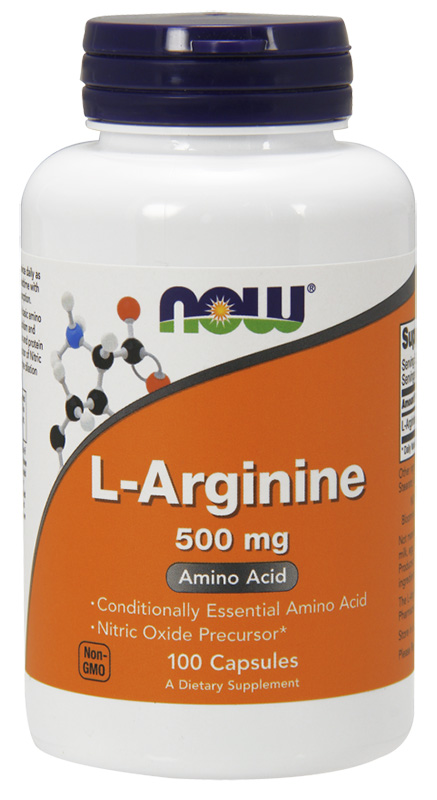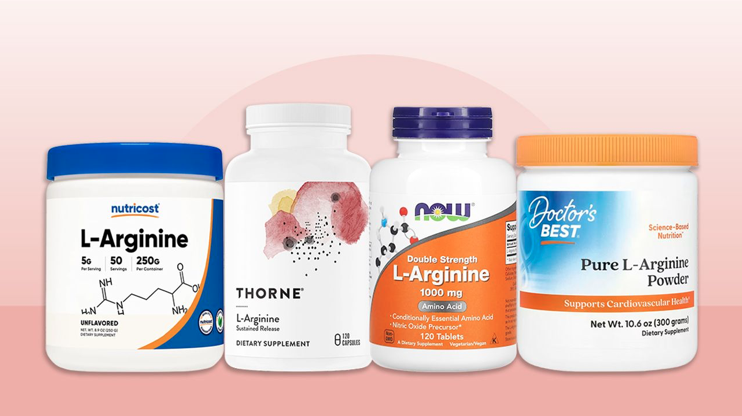


Date: 13 Nov 2025
Supplemental L-arginine, often taken in doses ranging from 1500 mg to 5000 mg daily, has gained widespread attention in health and wellness circles. As a semi-essential amino acid, L-arginine plays a crucial role in various physiological functions, particularly in the production of nitric oxide—a compound that helps relax blood vessels and improve blood flow.
The supplement has been studied for its potential to support cardiovascular health, enhance athletic performance, improve sexual function, and boost immune response.
This article explores the core benefits, mechanisms of action, recommended dosage, potential side effects, and safety considerations of L-arginine supplementation.
L-arginine is a naturally occurring amino acid that serves as a building block for proteins. While it can be synthesized by the body, supplementation may be necessary under certain health conditions or during periods of increased physical stress.
L-arginine is involved in numerous metabolic processes, including the urea cycle and the synthesis of creatine, polyamines, and nitric oxide.
The primary function of L-arginine in supplementation is its conversion into nitric oxide (NO) via the nitric oxide synthase enzyme. Nitric oxide is a potent vasodilator, meaning it helps widen blood vessels, thereby enhancing blood circulation and lowering blood pressure.
This mechanism makes L-arginine particularly beneficial for cardiovascular health and physical performance.
L-arginine has been linked to improved endothelial function and vasodilation. In patients with mild hypertension or coronary artery disease, supplementation with 3000 mg to 5000 mg of L-arginine daily has been associated with better blood flow and reduced blood pressure.
However, while some studies indicate promising outcomes, others suggest modest benefits, indicating that further clinical validation is required.
Due to its ability to increase nitric oxide levels, L-arginine is often used as a pre-workout supplement. It may help improve muscle oxygenation, reduce fatigue, and support recovery post-exercise.
Athletes may find doses between 2000 mg and 5000 mg beneficial for increasing endurance and optimizing performance, especially when taken 30–60 minutes before physical activity.
L-arginine has been investigated as a natural aid for erectile dysfunction (ED). By promoting increased blood flow to the genital area, it may help improve erection quality in men with mild to moderate ED.
When used in combination with other supplements like yohimbine or pycnogenol, the effects are often more pronounced. Typical doses range from 1500 mg to 3000 mg daily.
L-arginine supports immune function by stimulating the activity of T-cells and aiding in wound healing. In clinical settings, patients with trauma, burns, or post-surgical wounds have shown improved recovery when supplemented with L-arginine.
It is also considered helpful for individuals with compromised immunity due to chronic illness.
Research has explored L-arginine’s potential role in managing angina, congestive heart failure, peripheral artery disease, and even type 2 diabetes.
Its ability to improve endothelial function and insulin sensitivity has been observed in some trials, although long-term effects are still under review.
L-arginine is generally consumed in divided doses throughout the day, depending on the health goal. A common starting dose is 1500 mg to 3000 mg daily, which may be gradually increased to 5000 mg.
For cardiovascular and sexual health, 2000 mg to 3000 mg daily is often used. Athletes may prefer a pre-workout dose closer to 5000 mg.
It is advisable to start with the lowest effective dose and observe the body's response. Always consult a healthcare provider before initiating supplementation, especially for those with underlying medical conditions.

Here are some quality options available via Pharmily (Kenya):
While L-arginine is considered safe for most healthy individuals, high doses may result in gastrointestinal discomfort, including bloating, diarrhea, and abdominal cramps.
Rare but serious effects include changes in blood pressure and potassium levels, particularly in individuals with kidney or heart conditions.
L-arginine may interact with certain medications, including:
Patients on medication should consult with a physician to avoid adverse interactions or compounded effects.
Not everyone may benefit from L-arginine supplementation. Individuals with the following conditions are advised to avoid it unless directed by a doctor:
Pregnant and breastfeeding women should refrain from use unless prescribed, as safety data in these populations is limited.
While supplements offer convenience and higher concentrations, L-arginine is also present in a variety of foods. Incorporating these into the diet may provide added benefits:
Supplemental L-arginine, particularly in doses between 1500 mg and 5000 mg, holds potential for supporting cardiovascular health, enhancing athletic performance, and improving sexual function.
Its role in nitric oxide production makes it a valuable addition for individuals seeking natural ways to support circulation and physical stamina.
However, while benefits have been documented, supplementation should be approached with caution, particularly in those with pre-existing health conditions or those taking specific medications.
When used appropriately under professional guidance, L-arginine can be a powerful and supportive element in one’s health and wellness strategy.
Q1. Can L-arginine “cure” erectile dysfunction?
A1. Not exactly. It may help men with mild-to-moderate ED by improving blood flow, but it’s not a guaranteed cure—especially if ED has other root causes (diabetes, nerve damage, hormonal issues).
Q2. Will I immediately feel a benefit once I start L-arginine?
A2. Probably not instantly. Some people notice improved circulation or “pump” in workouts within a few weeks; for others it may take a month or more of consistent use.
Q3. Is more always better? (E.g., taking >5,000 mg/day)
A3. No—higher amounts increase risk of side-effects and don’t always bring proportionally greater benefit. Stick to researched ranges (1,500-5,000 mg) and monitor your body.
Q4. Should I take it with food or on an empty stomach?
A4. Many users take it 30-60 minutes before workouts (pre-workout window) or on an empty stomach to enhance absorption. However, if it causes stomach upset, take with a light snack or meal.